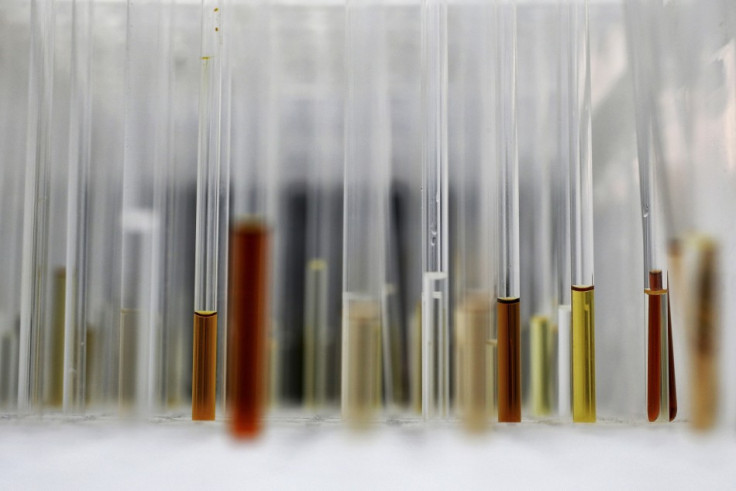Scientist Gets Bogus Research Published in Top Journals

An American biologist fooled scientific journals into publishing fictitious research containing a host of lies and glaring errors.
John Bohannon, who is also a science journalist, sent details of a bogus study on the effects of lichen on cancer to 304 magazines, each of which claimed to subject submissions to rigorous peer reviews, in which scientists scrutinise papers for flaws.
More than half of the journals, including 10 from the UK, accepted the paper for publication.
"Any reviewer with more than a high-school knowledge of chemistry and the ability to understand a basic data plot should have spotted the paper's shortcomings immediately," Bohannon told the Times.
In the paper, Bohannon claimed that his research showed that lichen inhibited the development of some cancer cells, opening paths to a possible cure.
He submitted it only to 'open access' journals that do not charge readers to access content, but charge authors to have papers published, with sums ranging from £150 to £2,000.
He invented a number of African names for the journal's fictitious authors, created bogus institutions in which they conducted their research, and concocted the names of the lichen and the cancer.
"I was shocked really early on by the acceptances. But it wore off later as there were so many. The rate of acceptances never fell below 50%," said Bohannon, who has a PhD from Oxford in microbiology and works for Harvard, and for Science magazine.
Research ethics expert Nicholas Steneck of the University of Michigan in Ann Arbor told National Geographic that the hoax exposed flaws at the heart of open access publishing.
"The public wanted open access to scientific literature, and now they are getting it. They now need to get over the idea that they can get all that information for free without someone doing the real hard work of reviewing papers," he said.
Some of the journals that said they would publish the spoof research are owned by publishing giant Sage, which owns 700 research journals.
David Ross, executive publisher for open access at Sage, said: "We are concerned that a paper with fundamental errors got through the initial stage, and are taking steps to ensure that it cannot occur again."
© Copyright IBTimes 2025. All rights reserved.





















